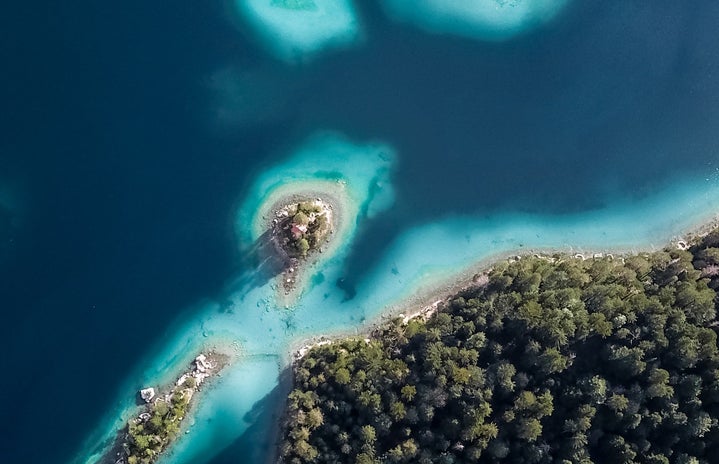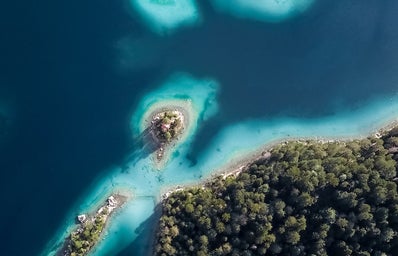Scattered across the central and southern Pacific Ocean lie three sub-regions of Oceania: Polynesia, Melanesia, and Micronesia. Each region consists of a multitude of islands, home to its indigenous inhabitants, also known as Pacific Islanders. The Pacific Islands are known for their culture and tourism, a sector that has provided financial incentives for its inhabitants. However, these islanders are currently facing extreme environmental problems that are being camouflaged by the media and the United States government.
Climate change has triggered a series of events that are detrimental and threaten the extinction of these islands. It has already been established that climate change is leading to sea level rise in all oceans, which may cause issues of flooding and coastal erosion, among others. Pollution and dead zones are affecting the health of the oceans and are causing food scarcity for the islanders. The Pacific Islands have also already begun to experience the effects of sea level rise, such as flooding which may drown these islands.
If these islands go underwater, all the islanders will become displaced and will be forced to become climate refugees, a term coined for individuals who must seek refuge in another location due to climate change. The Pacific Islanders do not wish to leave their island – their home. They live on sacred land and to lose that would be to lose a part of their culture. Yet, their pleas are not being heard by the governments and authorities who are in the power to help prevent this tragedy from occurring. The islanders are doing everything in their power to prevent climate change, but if the rest of the world does not join in on the mission, the islands will disappear completely.
Other major environmental complications amongst the Pacific Islands have increased, most in part due to enduring nuclear testing following World War II by the U.S. government. Some islands, specifically the Marshall Islands, were deemed as the Pacific Proving Grounds by the United States, in which the U.S. tested nuclear weapons on areas near or on the islands in the 1940s and 1950s. The testing has left lasting impacts on the land and its people.
A severe consequence of the nuclear testing at hand is the residual radiation from the nuclear bombs, as well as nuclear waste dumped near the islands by the U.S. government. To add to one’s understanding of the severity of these nuclear tests, the bombs used on these islands were even more powerful than the bombs produced at Hiroshima and Nagasaki. In turn, the radioactivity has led to an increase of injuries and health-related problems such as cancer or miscarriages in the islanders. Even with scientific evidence that demonstrates the correlation between health issues and the nuclear bombing, the U.S. government has provided the minimum amount of aid by limiting health care access to support those who are ill and suffering, specifically Marshallese migrants living in the U.S.
The Pacific Islanders are being silenced by other larger governments. The U.S. even admitted to using the islands as a sort of guinea pig for the nuclear testing, in which they knew the risk that they were invoking on the citizens of the Pacific Islands. The U.S. government weighed these risks and decided that the possibility of being able to study the effects on humans was worth the chance of disease or death. The islanders were easy targets and were used for the gain of other powerful countries, even though it meant the health and vitality of entire nations in the Pacific.
In order to help support these countries to prevent them having to migrate, as well as to help them get the care they rightfully deserve, there must be initiation on the part of those who are privileged. Donating to provide medical aid, speak out against climate change and climate injustice, and continue to resist against the political and social institutions have barred Pacific Islanders from being treated fairly and equally.


